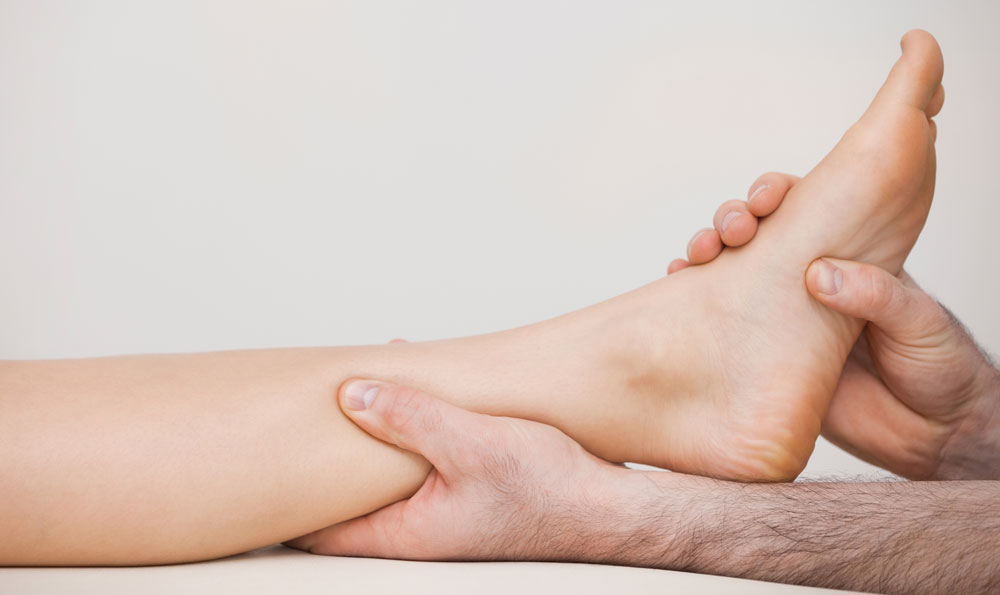3 Main Causes of Impaired Blood Flow
Proper circulation is essential to maintain the body’s regular functions and healing abilities. The blood carries oxygen and vital nutrients to build and repair cells while removing waste. When blood flow is impaired, you’re at risk of serious health conditions, including a heart attack or stroke. To avoid these consequences, learning the most common causes of impaired blood flow is the first step.
If poor circulation is a concern, a few options prevent or treat the symptoms. Regular exercise improves blood flow for a healthier body, while deep breathing techniques increase oxygen levels. For more severe issues, some people may require physical therapy and depending on the condition poor circulation caused, other treatments maybe required.
If you’re interested in learning more about what causes circulation problems, keep reading.

Main Causes of Impaired Blood Flow
There are numerous causes of poor circulation and some of them are high blood sugar levels, Reynaud’s Disease and smoking. When circulation is impaired, you may notice several symptoms. These include cold hands or feet, numbness, tingling, swelling, and pale or blue skin coloring. Some people also experience muscle weakness or discomfort during movement or chest pain.
These symptoms don’t seem serious and are often ignored. Doing so allows the circulation problems to worsen and often results in severe health issues. To avoid such consequences, consider the 3 causes, which we’ll discuss below.
1. Stress
During stress, our muscles and blood vessels get narrowed, causing impaired blood flow, which is one of the most common culprits of numerous diseases. Short bursts of stress are common and might be beneficial in some cases by increasing energy levels and improving focus. It becomes a serious issue when you’re dealing with chronic stress. When the body is consistently flooded with stress hormones, they eventually do more harm than good.
Chronic stress causes several health concerns, including fatigue, depression, muscle tension, and sleep issues. It also leads to a faster heartbeat and narrowed blood vessels. The result of such impaired blood flow is high blood pressure. Even when temporary, continual changes in circulation increase the risk of a heart attack or stroke.
Though stress is part of life, there are ways to manage it and reduce serious complications. Breathing techniques, meditation, exercise, and plenty of rest are vital to healthy circulation. Avoid stressful activities when possible while adding fun events to your schedule.
2. Sedentary lifestyle
Those living a sedentary lifestyle spend more time stationary than they do moving around. The lack of physical activity causes the buildup of fat deposits in the arteries. The more clogged the vessels become, the more blood flow is impaired.
Luckily, you don’t need to spend your life at the gym to prevent these conditions. Adding between 150 minutes and more of physical activity each week may be all that’s required. You can do any activity you enjoy, including walking, gardening, yoga, or a dance class, to improve circulation.
3. Obesity
Obesity contributes to several health conditions affecting circulation. For instance, high blood pressure causes the heart to work harder, weakening the vessels. Diabetes results from high glucose levels in the blood and damages your veins and arteries. High cholesterol clogs the vessels, causing impaired blood flow.
Controlling obesity isn’t always easy, but it’s essential to avoid severe and life-threatening health issues. For the best results, choose healthy meal items and avoid foods high in sugar and fat. Exercise regularly to maintain a healthy weight, and drink plenty of water to flush out your system.
Resources:
https://my.clevelandclinic.org/health/diseases/21882-poor-circulation
https://www.mayoclinic.org/diseases-conditions/high-blood-pressure/in-depth/stress-and-high-blood-pressure/art-20044190
https://www.bhf.org.uk/informationsupport/risk-factors/physical-inactivity#:~:text=How%20does%20physical%20inactivity%20increase,lead%20to%20a%20heart%20attack.
https://medlineplus.gov/benefitsofexercise.html
https://www.ncbi.nlm.nih.gov/pmc/articles/PMC4911252/
This article contains informational and educational materials and does not replace health or medical advice. For questions or concerns regarding your medical condition or health objectives, speak to a qualified physician or healthcare provider.






Leave A Comment